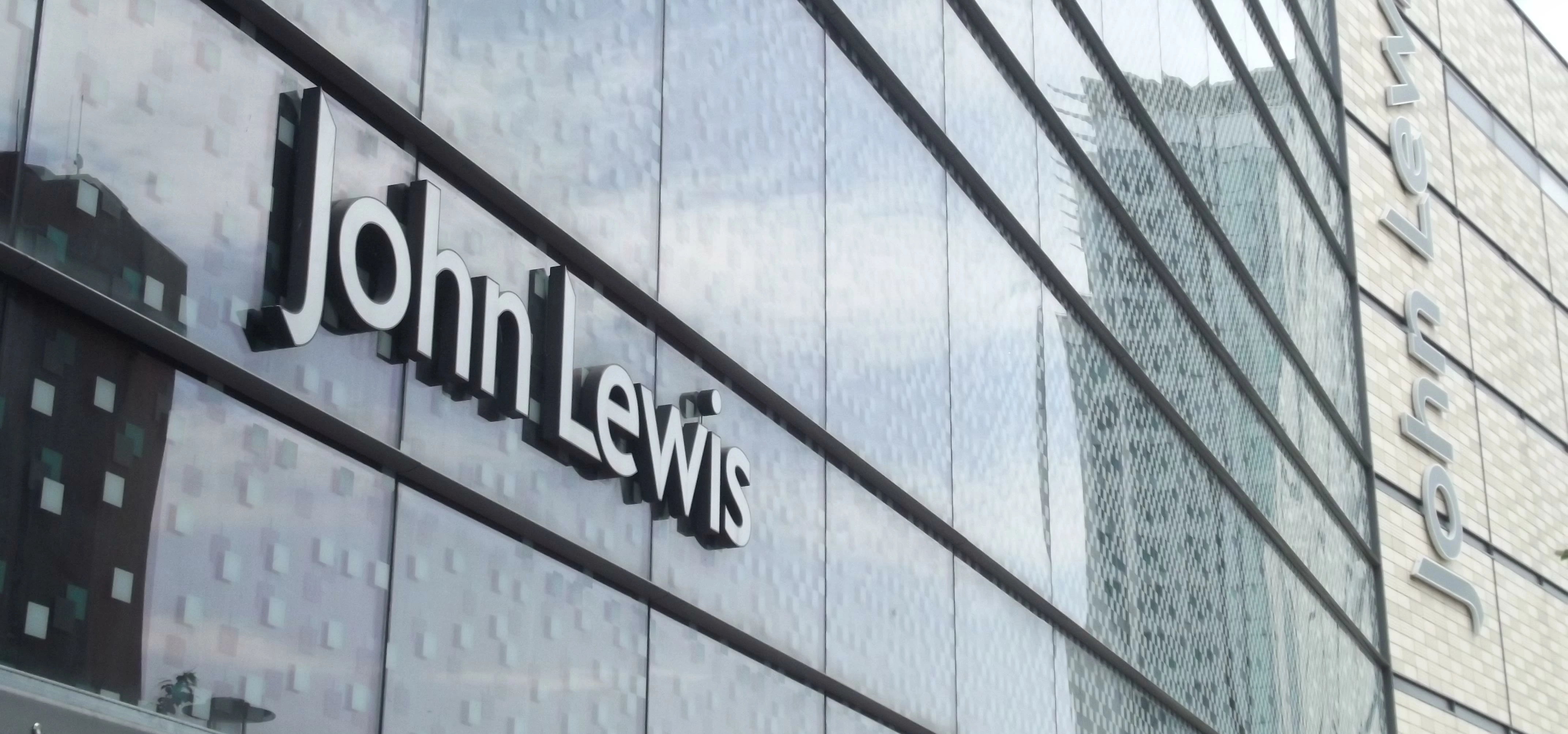
Partner Article
Traditional retailers feel the squeeze as profits dip at Next and John Lewis
The woes currently faced by British high street retailers has been underlined today as two of the UK’s most high-profile retail brands, John Lewis and Next, posted declining profits in their half-year reports.
John Lewis Partnership, which runs John Lewis and Waitrose, fared particularly poorly in the first half of the year to 31 July, as operating profit for the group fell 58% year-on-year to £113.7m.
Meanwhile at Next, the clothing retailer saw its pretax profits fall by 1.5% owing to a particularly poor performance in its retail division where profits fell a worrying 17% to £133m in what the firm described as a ‘difficult’ trading environment.
The figures highlight the challenging conditions faced by UK high street retailers in the current climate as competitive pricing and competition from online rivals puts a squeeze on even the biggest brands.
Next’s increasing reliance on its online Next Directory business where total sales were up by 7% and operating profit grew by 10.9% to £204.2m is further evidence that traditional retailers are having to rapidly realign their focus from the high street to online shopping.
Sir Charlie Mayfield, Chairman of John Lewis Partnership, was keen to point out that the dip had little to do with the EU referendum, and that John Lewis was reacting to ‘far reaching’ changes in consumer habits as the British public increasingly turn their backs on bricks and mortar stores.
He said: “We have grown gross sales and market share across both Waitrose and John Lewis, but our profits are down. This reflects market conditions and, in particular, steps we are taking to adapt the Partnership for the future.
“These are not as a consequence of the EU referendum result, which has had little quantifiable impact on sales so far. Instead there are far reaching changes taking place in society, in retail and in the workplace that have much greater implications.”
Looking to promote your product/service to SME businesses in your region? Find out how Bdaily can help →
Enjoy the read? Get Bdaily delivered.
Sign up to receive our popular morning National email for free.








 Raising the bar to boost North East growth
Raising the bar to boost North East growth
 Navigating the messy middle of business growth
Navigating the messy middle of business growth
 We must make it easier to hire young people
We must make it easier to hire young people
 Why community-based care is key to NHS' future
Why community-based care is key to NHS' future
 Culture, confidence and creativity in the North East
Culture, confidence and creativity in the North East
 Putting in the groundwork to boost skills
Putting in the groundwork to boost skills
 £100,000 milestone drives forward STEM work
£100,000 milestone drives forward STEM work
 Restoring confidence for the economic road ahead
Restoring confidence for the economic road ahead
 Ready to scale? Buy-and-build offers opportunity
Ready to scale? Buy-and-build offers opportunity
 When will our regional economy grow?
When will our regional economy grow?
 Creating a thriving North East construction sector
Creating a thriving North East construction sector
 Why investors are still backing the North East
Why investors are still backing the North East